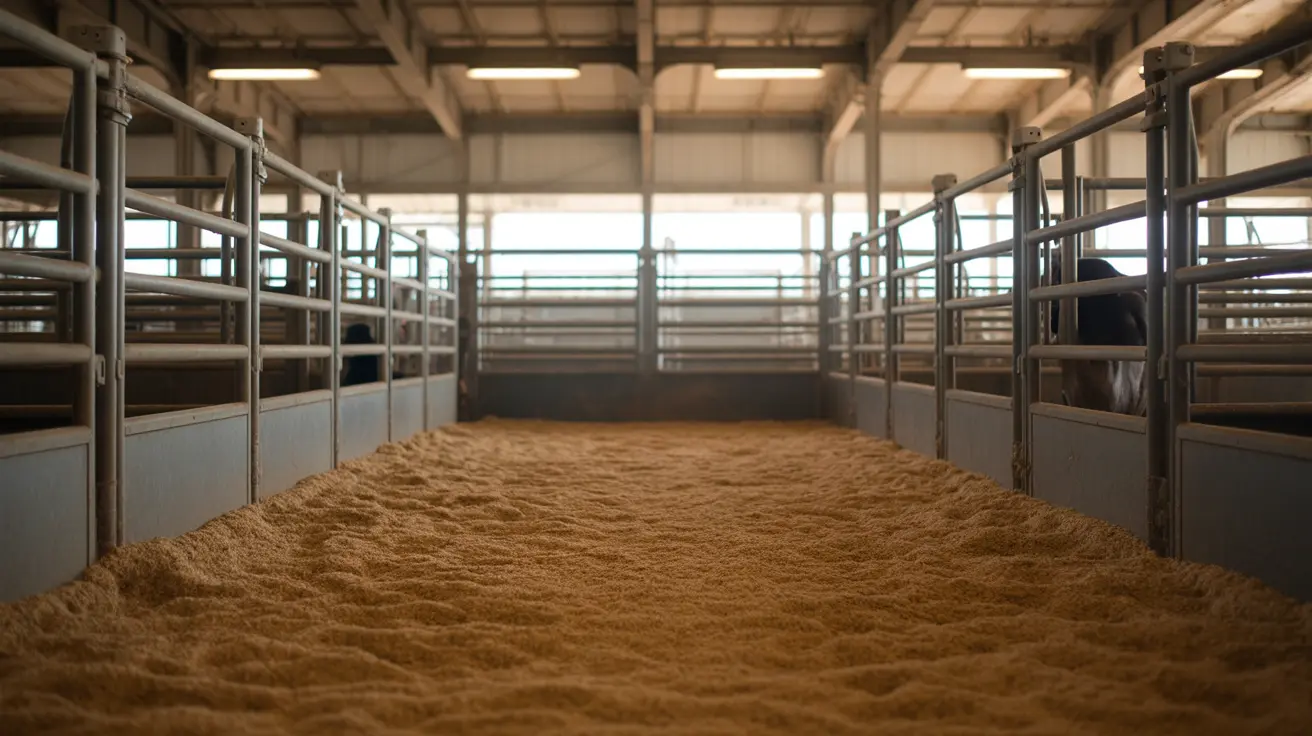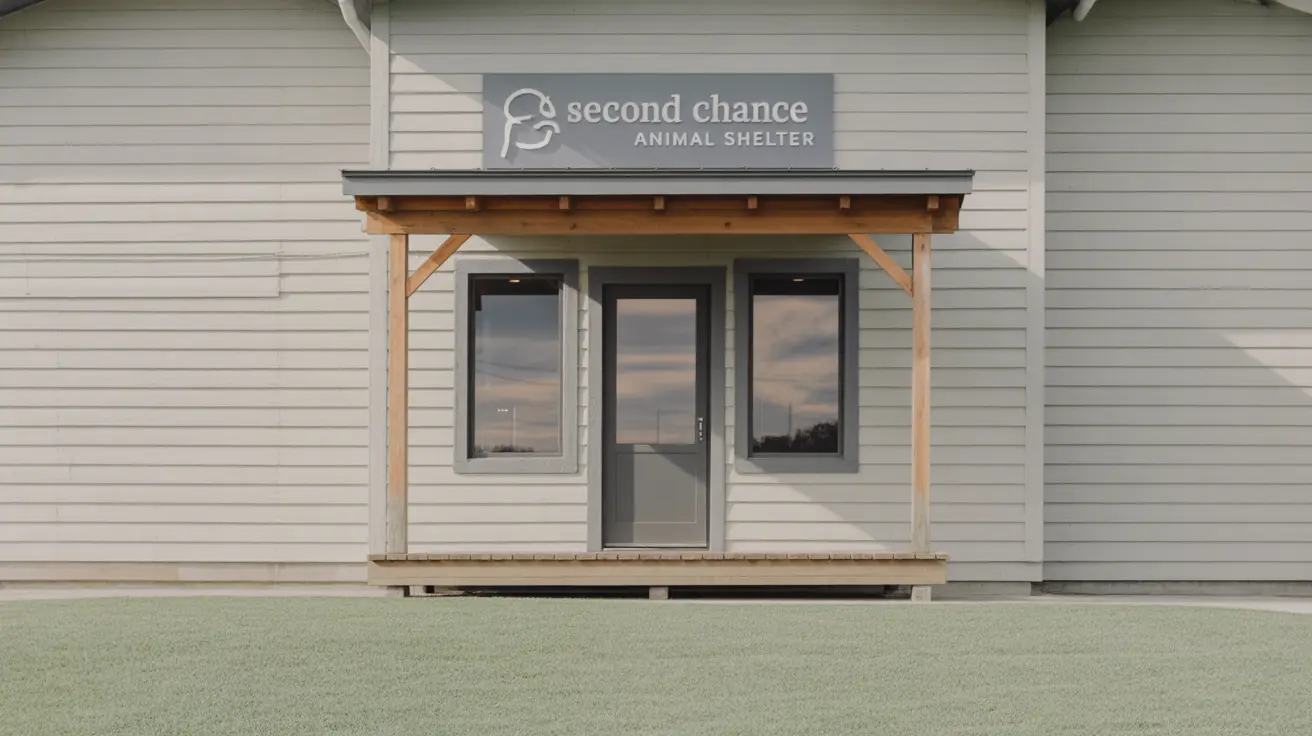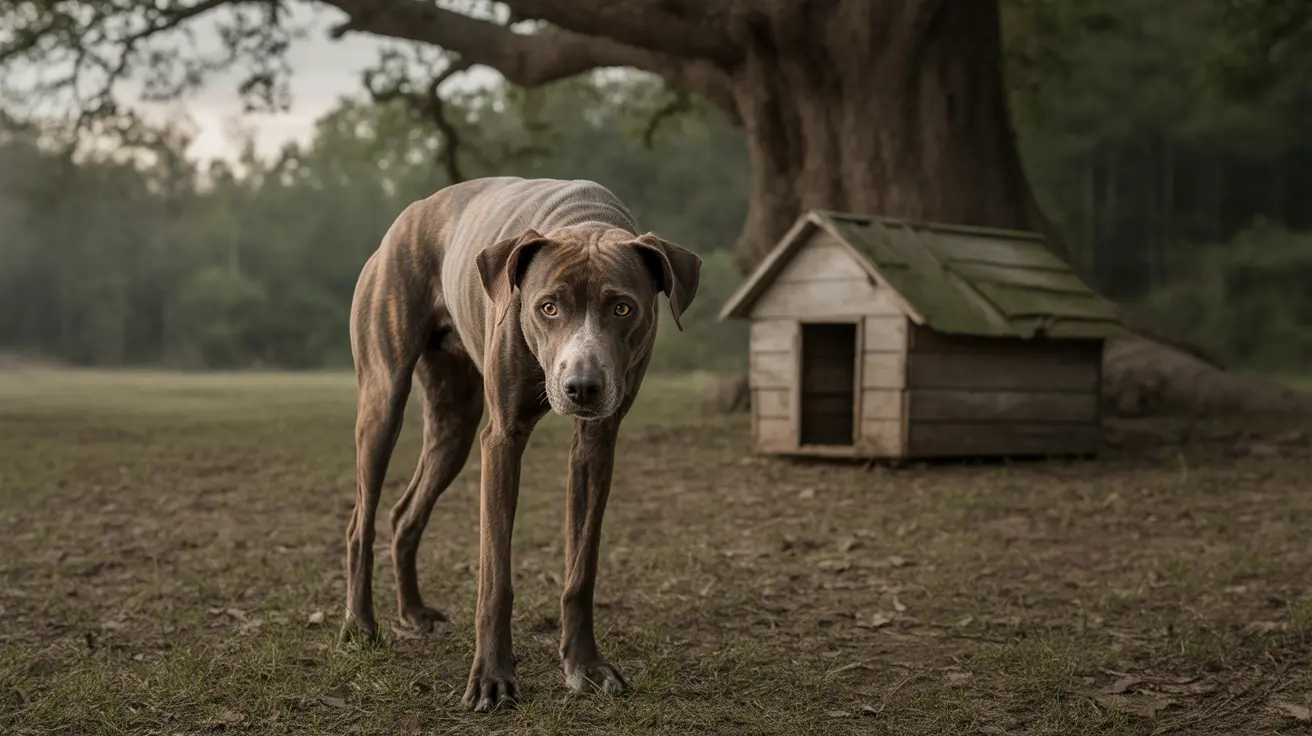Can Dogs Eat Leftover Baby Food? A Complete Guide for Pet Owners
Feeding your dog leftover baby food can seem like a simple solution when they're feeling under the weather or refusing their regular meals. However, while some types of baby food are safe and even helpful in specific circumstances, pet owners must exercise caution. This comprehensive guide explores the benefits, risks, and best practices for offering baby food to dogs.
When Can Baby Food Be Beneficial for Dogs?
Baby food is often used as a temporary appetite stimulant or medication aid for dogs. It is especially helpful in the following situations:
- Sick or Surgery-Recovering Dogs: Soft, bland baby foods can encourage eating when dogs feel nauseated or weak.
- Medication Delivery: Many dog owners hide pills in baby food to simplify medication administration.
- Temporary Nutritional Support: For short-term feeding when regular food isn't tolerated.
Risks and Ingredients to Avoid
Not all baby food is created equal, and some types contain ingredients that are downright dangerous for dogs. Key substances to avoid include:
- Onions and Onion Powder: Highly toxic; can damage red blood cells and lead to anemia.
- Garlic: Controversial in small amounts but harmful in larger doses; best avoided altogether.
- Xylitol: A sugar substitute that can cause rapid drops in blood sugar and liver failure.
Always check the ingredient list, especially on savory "dinner" varieties, as these may contain seasonings or additives unsafe for dogs.
Dog-Safe Baby Food Options
If you're considering feeding your dog baby food, opt for these safer choices:
- Meat-Based Purees: Plain chicken, beef, turkey, or lamb without additives.
- Simple Fruits and Vegetables: Pumpkin, sweet potato, banana, or carrots (all plain and unsweetened).
Ensure that products are free of salt, sugar, artificial flavors, and preservatives.
Feeding Guidelines
Dog’s digestive systems are different from humans, so moderation is key even with safe foods:
- Feed only 1–2 spoonfuls at a time as a treat or topper.
- Do not exceed 10% of your dog’s daily calorie intake from baby food.
- Discard unused portions after 24 hours to avoid spoilage and bacteria growth.
- Warm gently and mix with water if needed for consistency.
Baby food should never replace a complete and balanced dog diet.
Better Alternatives to Baby Food
While convenient, homemade options are often healthier:
- Boiled Chicken and Rice: Gentle on upset stomachs and nutritionally suitable for short-term feeding.
- Bone Broth: Provides hydration and minerals, especially helpful for sick pets.
- Pureed Vegetables: Bland and nutrient-dense choices like pumpkin or sweet potato can support digestion.
These options avoid preservatives and allow full control over ingredients.
Warning Signs and When to Call the Vet
Baby food should not be used to mask symptoms of a serious illness. Contact your vet immediately if your dog:
- Refuses to eat or drink for more than 24 hours
- Has persistent vomiting or diarrhea
- Shows signs of pain, lethargy, or odd behavior
Veterinary care is essential for diagnosing underlying issues and recommending personalized dietary changes.
Common Human Foods Dangerous to Dogs
In addition to unsuitable baby foods, several household items and ingredients can be fatal to dogs. Items to keep out of reach include:
- Xylitol
- Onions and garlic
- Chocolate, tea, coffee (caffeine)
- Grapes and raisins
- Alcohol and yeast dough
- Avocado
- Macadamia nuts
- High-fat food trimmings and cooked bones
Safe Human Foods for Occasional Sharing
If you plan to share human food with your dog, stick to these pet-friendly options:
- Lean, fully cooked meat (no bones or skin)
- Steamed or boiled vegetables such as green beans, carrots, or sweet potatoes
- Cooked plain pasta or rice
- Fruit slices such as apples (no seeds), bananas, or seedless watermelon
Avoid salt, butter, dairy, and all spices when preparing food for pets.
Final Takeaway
So, can you give your dog leftover baby food? Yes, but with careful inspection and only in moderation. Baby food can be a helpful short-term solution for dogs who are ill or recovering, but it should never replace a balanced canine diet. Always check labels for toxic ingredients and consider consulting your vet for personalized advice if your dog’s appetite or health changes abruptly.





